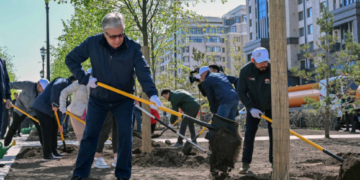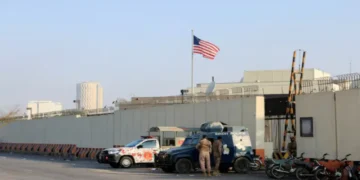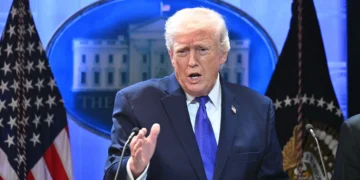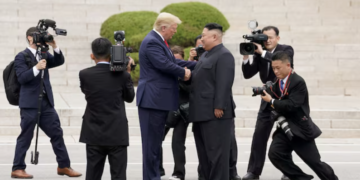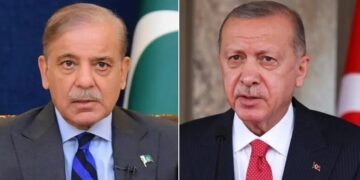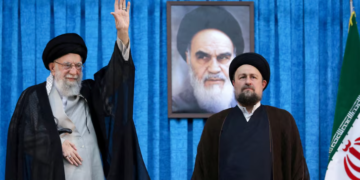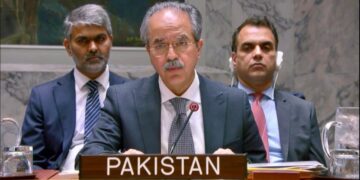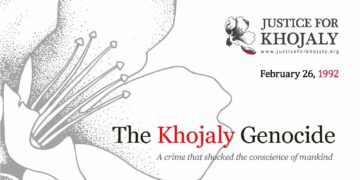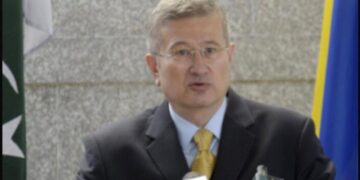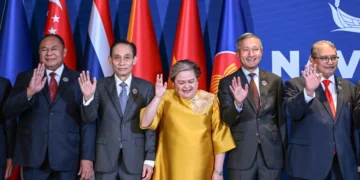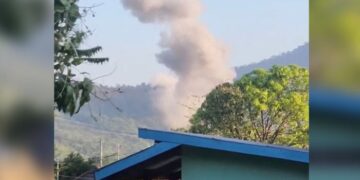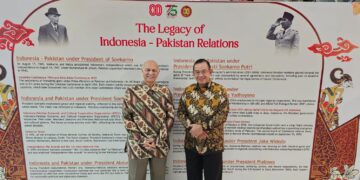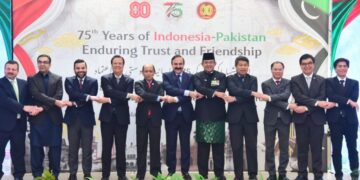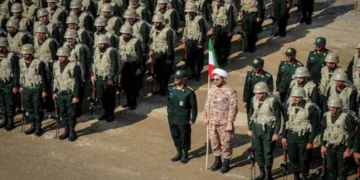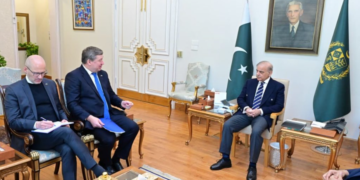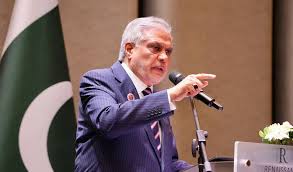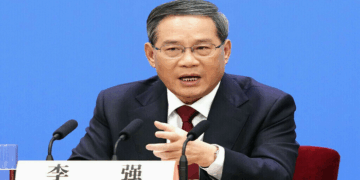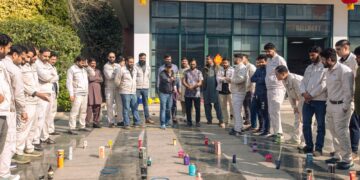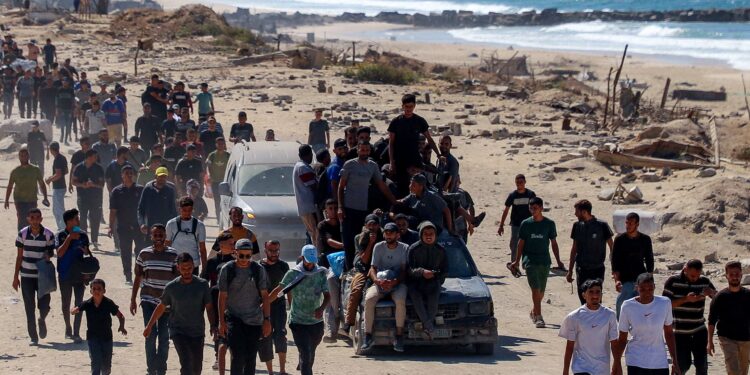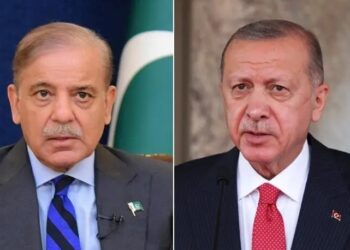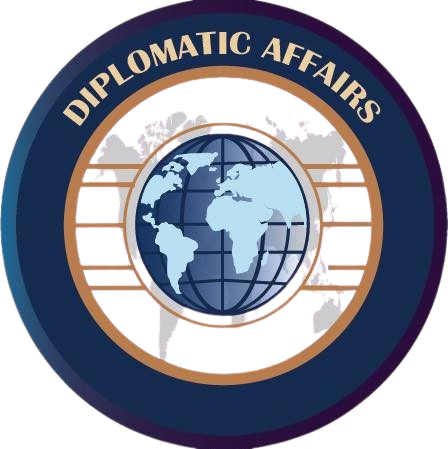Web Desk; Hamas and allied Palestinian factions have firmly reiterated that the future governance of Gaza will be decided internally by Palestinians themselves, rejecting any foreign intervention.
In a joint statement issued on Friday, Hamas, Palestinian Islamic Jihad, and the Popular Front for the Liberation of Palestine (PFLP) praised the resilience of the Palestinian people, stating that their steadfastness thwarted Israeli plans for mass displacement in the enclave.
“We renew our rejection to any foreign guardianship, and we stress that the nature of the administration of the Gaza Strip and its institutions are an internal Palestinian matter to be determined by the national component of our people directly,” the statement said.
The factions announced their intention to hold an “urgent comprehensive national meeting” to discuss post-ceasefire steps.
This meeting, they said, aims to unify the Palestinian stance, create a comprehensive national strategy, and rebuild institutions based on “partnership, credibility, and transparency.” It remains unclear whether Fatah, the faction controlling the Palestinian Authority, will participate.
Meanwhile, details have emerged about a 20-point Gaza plan reportedly proposed by former US President Donald Trump.
The plan suggests the creation of a “Board of Peace” led by Trump himself and former UK Prime Minister Tony Blair, which would oversee an interim technocratic authority in Gaza. The first stage of the ceasefire is tied to this plan, though the future governance structure remains uncertain.
Al Jazeera obtained a copy of the agreement, which requires Hamas to release Israeli captives within 72 hours without public celebrations. It also guarantees daily entry of at least 600 aid trucks, rehabilitation of water stations, and the establishment of shelters for displaced Palestinians.
As the ceasefire took effect, tens of thousands of displaced Palestinians began returning to their homes in northern Gaza, while Israeli forces started withdrawing from coastal areas.
Palestinian Civil Defence teams recovered 63 bodies from the streets of Gaza City on Friday, but thousands remain missing beneath the rubble amid severe access challenges.
Al Jazeera’s correspondent Hani Mahmoud described Gaza City as “unrecognisable” due to weeks of intense Israeli bombardment, noting that most buildings had been completely destroyed.
The Gaza Government Media Office later emphasized the urgent need for a comprehensive reconstruction plan.
The first stage includes bringing in heavy equipment to clear rubble. Aid distribution will be managed by UN agencies and humanitarian organizations, bypassing the controversial GHF, which has been criticized by rights groups for being a “death trap” after hundreds of Palestinians were killed trying to access its sites.
Despite the ceasefire, GHF announced it would continue operations in Gaza. “We will not rest so long as there are Gazans in need,” said executive director John Acree.




















